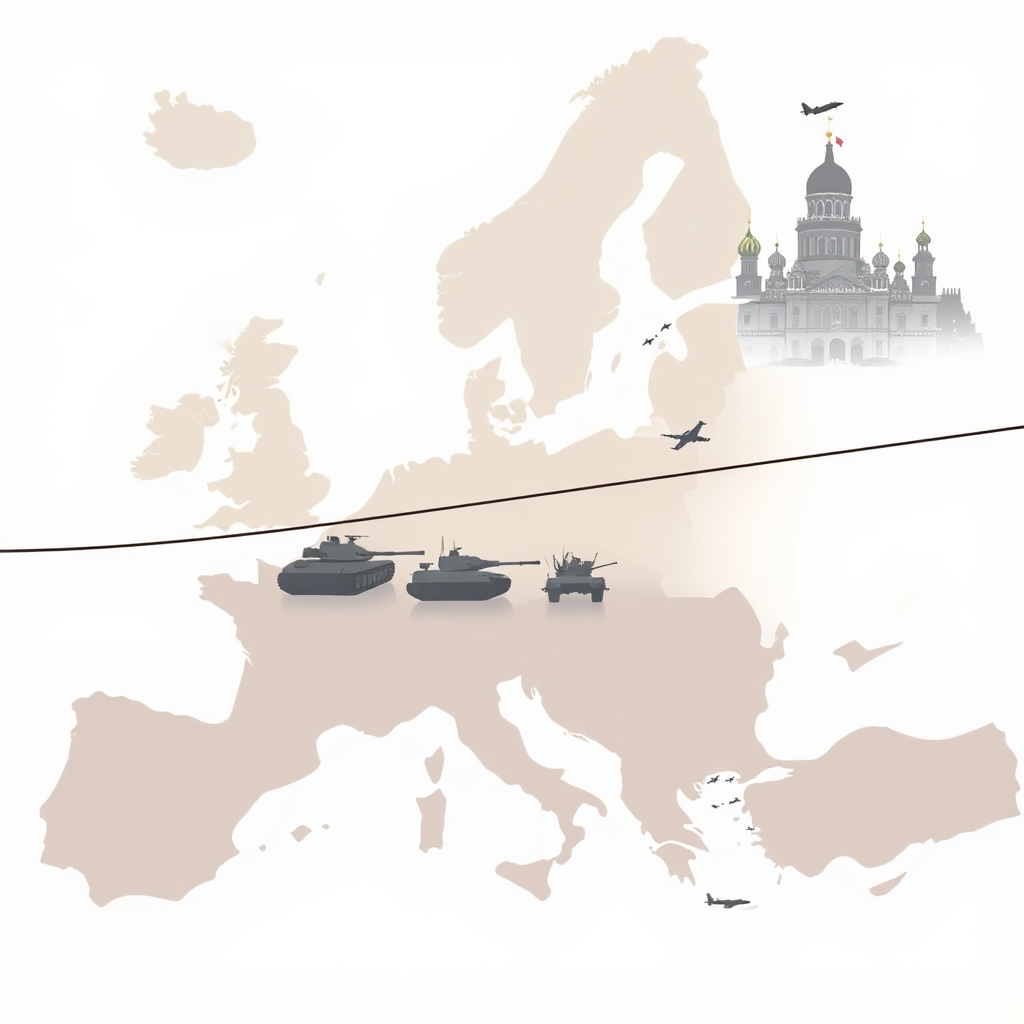Germany’s Bold Military Shift Reshapes European Security

Germany is embarking on a significant military expansion, a move driven by a confluence of factors including the war in Ukraine, shifting transatlantic relations, and a renewed assessment of European security needs. For decades, the concept of a more independent European defense capability remained largely theoretical, hampered by reluctance from key players like Germany and the United Kingdom to distance themselves from the United States. However, Russia’s invasion of Ukraine dramatically underscored Europe’s reliance on American military strength.
The recent victory of the center-right CDU/CSU in German federal elections, elevating Friedrich Merz to Chancellor, has catalyzed a decisive shift in policy. Merz has swiftly announced plans to substantially increase Germany’s defense capabilities, pledging to allocate 5% of the nation’s GDP to military spending – a figure previously demanded by both Donald Trump and NATO Secretary-General Mark Rutte. Germany joins Poland as the only NATO member currently committed to this level of investment. Beyond financial commitment, Merz aims to build “the strongest conventional army in Europe,” a bold ambition considering Germany’s post-reunification history of restrained military investment.
This expansion includes increasing troop levels to as many as 240,000 by 2031, potentially through the reintroduction of conscription, and modernizing aging military equipment. While facing potential resistance from his coalition partner, the Social Democrats, Merz’s commitment signals a fundamental change in Germany’s security posture.
The implications for European security are considerable. At the upcoming NATO summit, leaders are expected to approve an increase in alliance-wide defense spending from 2% to 3.5%, with a potential further commitment of 1.5% for defense infrastructure, bringing the total to 5%. Germany’s commitment not only strengthens NATO’s overall capacity but also provides a framework that allows member states struggling to meet the 2% target to contribute without overextending themselves.
Ukraine also stands to benefit from a more robust European defense capability, potentially securing continued support from both the U.S. and Europe. However, the most significant beneficiary may be Donald Trump. For years, Trump has criticized the perceived imbalance in transatlantic security contributions, demanding that Europe shoulder a greater share of the burden. Germany’s move validates Trump’s long-held position and reduces the likelihood of him escalating tensions at the next NATO summit or threatening to abandon the alliance.
This shift isn’t simply a reaction to Trump’s rhetoric; it reflects a growing recognition that both Russia and the reliability of U.S. security commitments pose genuine threats. Germany’s decision is therefore historically significant, marking a turning point in European security policy and signaling a willingness to take greater responsibility for its own defense. It’s a pragmatic response to a changing world, acknowledging that Europe can no longer rely solely on the United States to guarantee its security.